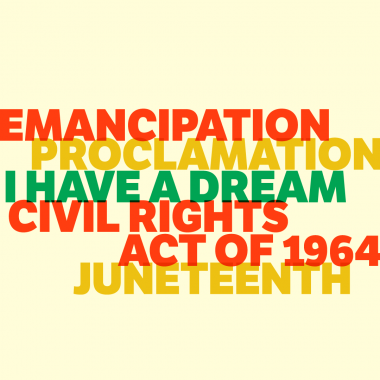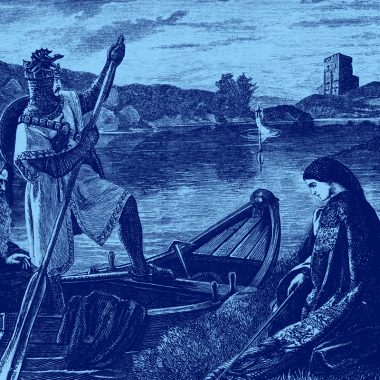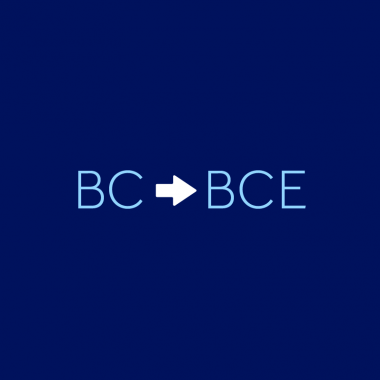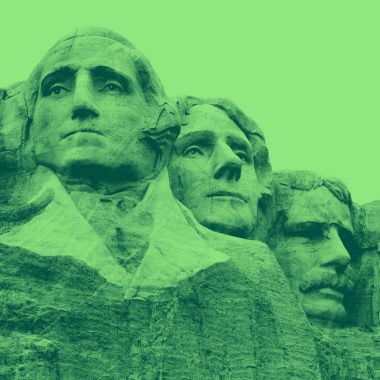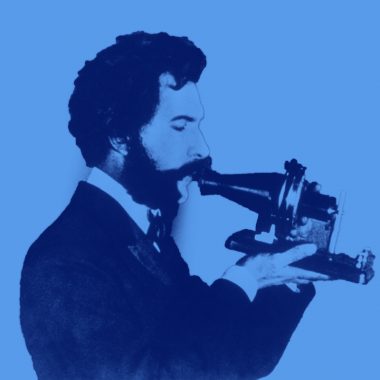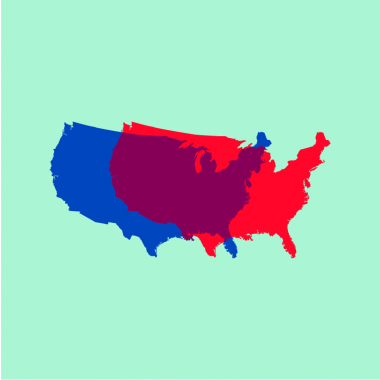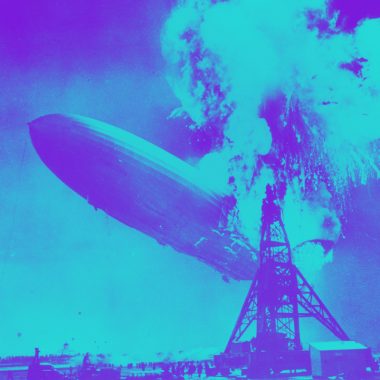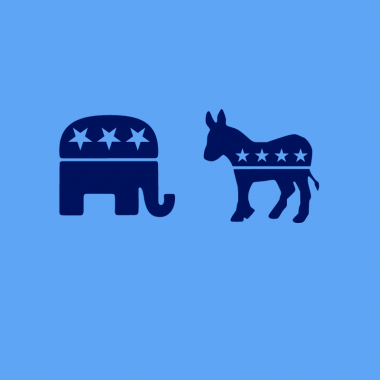Tag Archives: category-history
-
What Is So Romantic About The Romance Languages?
The word romance is used in a variety of ways, especially as it relates to love. As you well know, a romance is a novel, movie, or fiction genre “in which characters fall in love or begin a romantic relationship,” and the word can also refer to a romantic character, a love affair, an attraction between two people, or a romantic sentiment, among many definitions. There’s just so …
-
Meet Two Extinct Letters Of The Alphabet: “Thorn” And “Wynn”
The English alphabet, as you likely know, is made up of 26 letters. But it wasn’t always that way. How old is the alphabet? Before we get to the history of specific letters, let’s talk a bit about Old English. English was first written in the Anglo-Saxon futhorc runic alphabet, also known as Anglo-Saxon. The Angles and Saxons came from Germany and settled in Britain …
-
Should We Use BCE Instead Of BC?
People in the Western world debate many things, from whether cheesecake is actually a cake to which airplane seat is the best—aisle or the window? What year it is generally does not fall into the category of debated facts. However, how to refer to said year and the past years from ancient history—BC and AD or BCE and CE—does. Both sets of abbreviations have history. One …
-
What Does “Amen” Mean At The End Of A Prayer?
Weekends are when many Americans gather in their respective houses of worship and repeat the same word: amen. But, what does the word mean? And, why do people say it? The origins of amen Amen is commonly used after a prayer, creed, or other formal statement. It is spoken to express solemn ratification or agreement. It is used adverbially to mean “certainly,” “it is so,” …
-
Where Did The Expression “Hair Of The Dog” Come From?
If you’ve woken up on New Year’s Day feeling as if you’d been hit by a truck, you may have sought a hangover remedy with an infamously odd name: the hair of the dog. Let’s take a look at where this name comes from. What does hair of the dog mean? A morning drink may be the last thing you want after a night of boozing, but that’s …
-
What In The World Is The “Hindenburg Omen”?
While it may sound like a sequel to The Girl with the Dragon Tattoo, a Hindenburg Omen isn’t any fun. If you want to call attention to potential bad news, it’s hard to go wrong with the name Hindenburg. What was the Hindenburg? Paul von Hindenburg was a celebrated World War I general and a less celebrated president of Germany. The more infamous Hindenburg, however, is the dirigible named …
